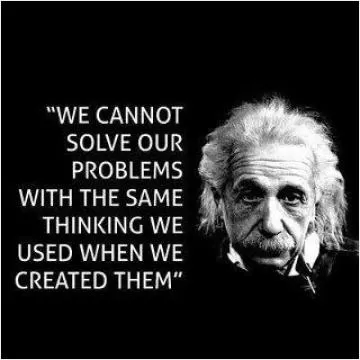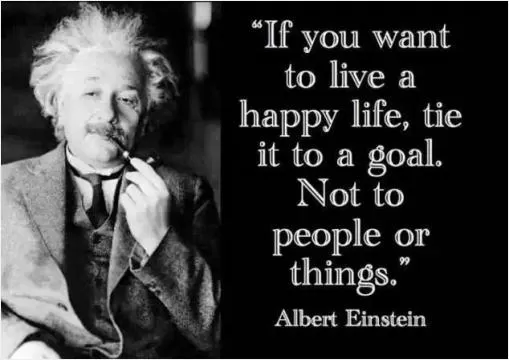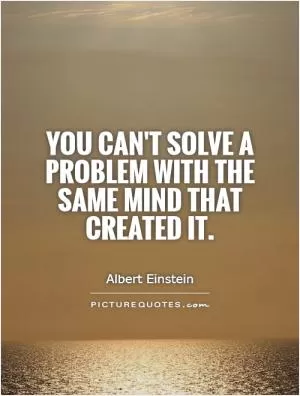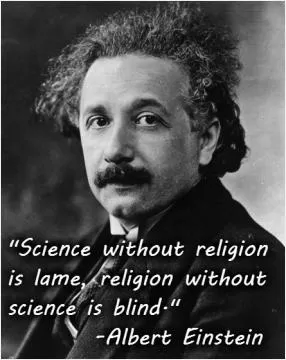I do not believe in the God of theology who rewards good and punishes evil

I do not believe in the God of theology who rewards good and punishes evil
Albert Einstein, one of the most brilliant minds in history, famously stated, "I do not believe in the God of theology who rewards good and punishes evil." This statement reflects Einstein's rejection of the traditional concept of a deity who intervenes in human affairs to mete out rewards and punishments based on moral behavior. Instead, Einstein's view of God was more in line with the laws of nature and the universe.Einstein was a renowned physicist who revolutionized our understanding of the natural world with his theory of relativity and contributions to quantum mechanics. His belief in a higher power was rooted in the awe and wonder he felt when contemplating the beauty and complexity of the universe. For Einstein, God was not a personal being who intervened in human affairs, but rather a force that governed the laws of nature and the cosmos.
Einstein's rejection of the traditional concept of God as a moral arbiter can be seen as a reflection of his scientific worldview. In the realm of physics, there are no rewards or punishments for good or evil behavior; instead, there are natural laws that govern the behavior of matter and energy. Einstein saw the universe as a vast and interconnected system, where everything is governed by these laws.
Einstein's view of God as a non-interventionist force in the universe is also reflected in his famous quote, "God does not play dice with the universe." This statement expresses Einstein's belief in a deterministic universe, where everything follows a set of predetermined laws. In this view, there is no room for random chance or divine intervention; instead, everything is governed by the laws of nature.












 Friendship Quotes
Friendship Quotes Love Quotes
Love Quotes Life Quotes
Life Quotes Funny Quotes
Funny Quotes Motivational Quotes
Motivational Quotes Inspirational Quotes
Inspirational Quotes